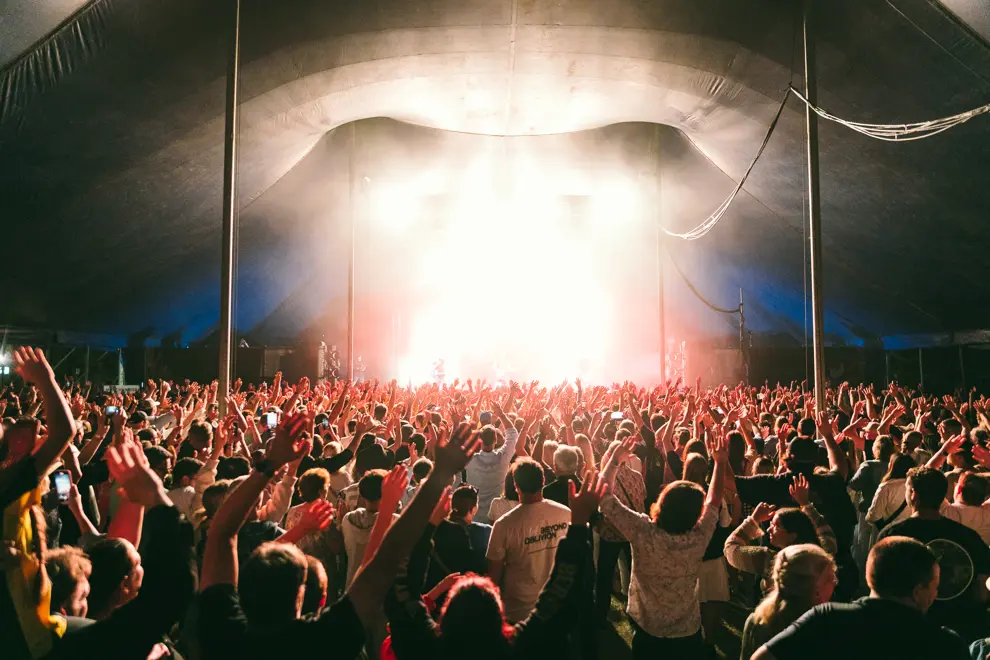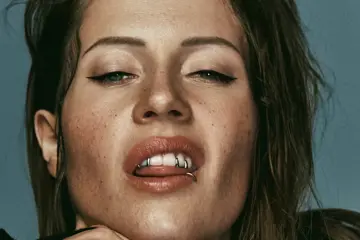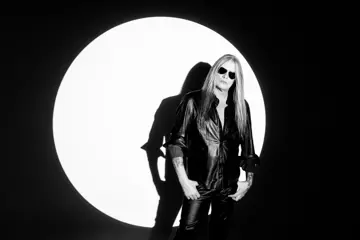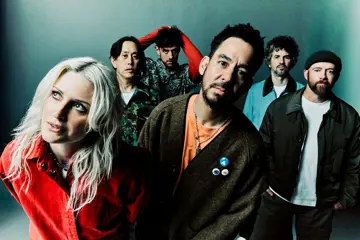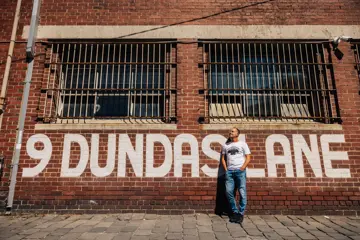At the end of November, it was announced that the NDIS (the National Disability Insurance Scheme) would reduce funding for art and music therapy as of February 2025.
While there were initial fears that funding for music therapy would be removed altogether, the NDIS released a statement last week (26 November), stating that it would significantly change its funding for music and art therapy.
Active Ability reports that the NDIS plans to launch a new Operational Guideline for therapy support. One part of those guidelines includes moving music and art therapy from therapeutic support to the Core support category.
According to Active Ability, the change will reduce the service cost from $193.99 per hour to $67.56 per hour, except when conducted as a group of four participants, in which case the rate of $193.99 will remain.
Don't miss a beat with our FREE daily newsletter
The NDIA (National Disability Insurance Agency) has stated that “while art and music therapy remain permissible, they do not meet the evidentiary standards required to be classified as a ‘therapy’ under the definition of NDIS supports.”
The changes to music and art therapy have drawn concern and disappointment, not only from people with disabilities and disability advocates but also from music therapists, musicians, and the Australian music industry.
Last week, Australian singer-songwriter Hatchie described the move as “terrible news” and said, “This decision will not only take away crucial support for NDIS participants but also threaten the livelihood of therapists across Australia and delegitimise their extremely important practice.”
She continued, “My sister has been a Registered Music Therapist for 12 years now, so I’ve seen first-hand the invaluable difference that music therapy can make. Evidence shows that music therapy can drastically improve patients’ quality of life, whether it be physical movement, cognition and thinking, communication, social connection, mental health and wellbeing, behaviour, self-regulation, memory (which is an extremely important one), pain management, and so much more.
“Without NDIS funding, most participants will completely lose access to music and art therapy. This will absolutely devastate communities across the country and have a huge negative impact on the quality of life of people who rely on it, many of whom can struggle to adjust to sudden change.”
Hatchie encouraged her followers to sign a petition to support Music Therapists across Australia.
Pianist, composer, producer, and Artist in Residence at the Melbourne Recital Centre, Nat Bartsch, shared a video on the International Day of People With Disability and highlighted a petition to keep music therapy funded by the NDIS.
“I want to talk about the impacts of the cuts of NDIS funding on music therapists and the incredible impact that is going to have on a cohort of people, including neurodivergent people like me,” she said.
Bartsch added, “The whole point of the NDIS is that you are allowed to have choice and control over how you meet the needs that you have in the community, and it’s not cookie cutter or one size fits all because every person with a disability is different.”
This week, Paul Kelly visited Bayley Arts, a new arts hub in Bayside that empowers people with disabilities, as well as those who don’t have a disability.
Having a chat on the Bayley Babble Podcast, Kelly said, “I think that everything that you do has an effect. Whether that’s through speaking, working on policy, telling a story or writing a song, we can become part of a collective change.”
Bayley Arts is calling for more funding from the NDIS.
Sounds For Change Music Therapy, operating across the Logan and Gold Coast regions, said:
“The NDIS is trying to reclassify music therapy from 1st February, 2025.
“They want to reclassify us as ‘social & community participation’, with the reason being that we don’t meet the evidentiary standards for a therapy. Taking us out of the therapy bucket means a massive pay cut, which in turn means many music therapy businesses may not survive.
“Music therapy is a recognised allied health profession in Australia. Registered Music Therapists must have a Masters degree and be registered with the @austmta to practice. We are highly skilled, highly trained professionals and the evidence that the NDIS claims doesn’t exist, actually exists in vast quantities of research all over the world.
“We are asking the NDIS and Bill Shorten to overturn this decision, and reinstate us as therapeutic supports where we belong.”
Incoming Creative Music Therapy Master graduate Andi said: “My fellow students and I feel completely shattered by the recent NDIS announcements. We’re worried that these NDIS changes will impact participants' abilities to use Music Therapy to improve their functional capacities and will take away their choice and control. These changes are not person-centred and not in line with the tenets of the NDIS.
“As new graduates, these NDIS changes make us very worried about our futures. We are wondering how we are going to keep food on the table whilst also paying off our $30,000 HECS debts.
“In Music Therapy, we’re not just ‘using music’, far from it! We are highly trained allied-health practitioners who combine advanced administration of musical stimulus with strong evidence and broad literature on therapeutic, goal-focused applications of music in the field.”
APRA AMCOS CEO Dean Ormston told The Music: “These proposed changes to NDIS funding for music therapy are deeply concerning. Music therapy, delivered by highly trained professionals, has an extraordinary, evidence-based track record of transforming lives—particularly for people navigating disabilities, mental health challenges, autism, dementia and brain injury rehabilitation. To suggest otherwise is simply wrong.
"We all understand the pressure to cut costs, but not here. Not where the benefit is so evident - on paper, in research, in the physicality of seeing the enormous impact of music therapy.
“The decision to reclassify music therapy as a community participation drastically undervalues the expertise of music therapists and the profound impact their work delivers. This move will cut off access to a life-changing therapy for many Australians who need it most.
“The claim that music therapy is not evidence-based flies in the face of decades of research and lived experience. The return on investment in music therapy is not just measurable; it’s extraordinary. These changes undermine the critical progress made in recognising music therapy as an essential form of care.
“Music is more than a universal language, it’s a proven tool to support people living with a disability to thrive. These changes jeopardise not only the livelihoods of music therapists but also the quality of life for participants who rely on this therapy. We urge the Australian Government and NDIS Minister, Bill Shorten, to rethink this decision and engage meaningfully with therapists, participants and the broader community to find a fair and evidence-based path forward.”
NDIS Minister Bill Shorten told Sky News that music and art therapy could be removed from the NDIS if evidence isn’t provided it is “maintaining or improving the functional capacity” of a participant.
“We’ve [Labor], for the first time in the history of the scheme, started to clarify what you can and can’t spend money on,” he said. “One of the issues which we’ve said we want to address is art and music therapy.”
“At the moment, an art and music therapist can charge $193 an hour for providing a service, and we’ve said that we want to review that.
“We are happy to continue provided we can see evidence that it’s maintaining or improving the functional capacity of a participant.”
You can sign the petition to keep Music Therapy funded as an NDIS therapeutic support here.

